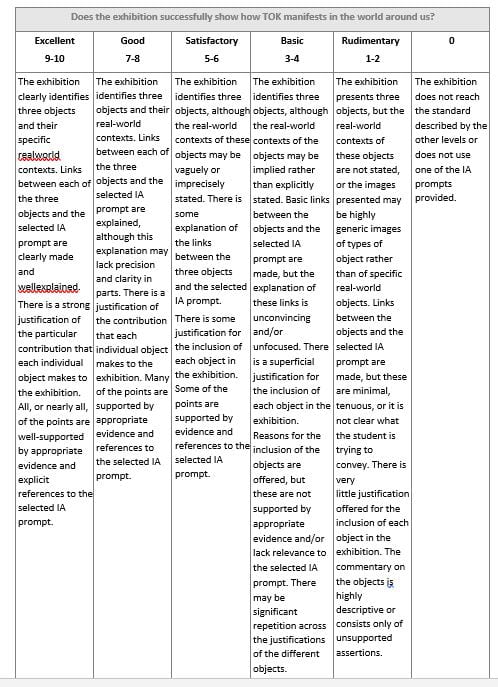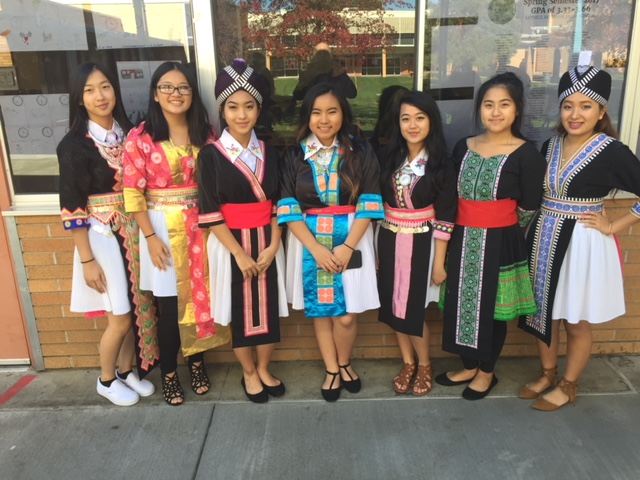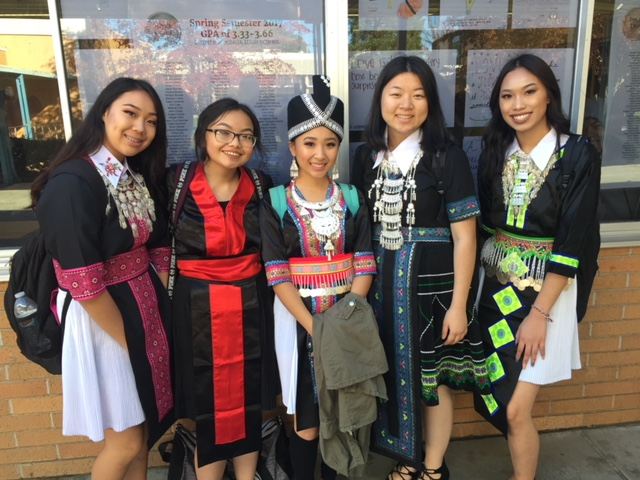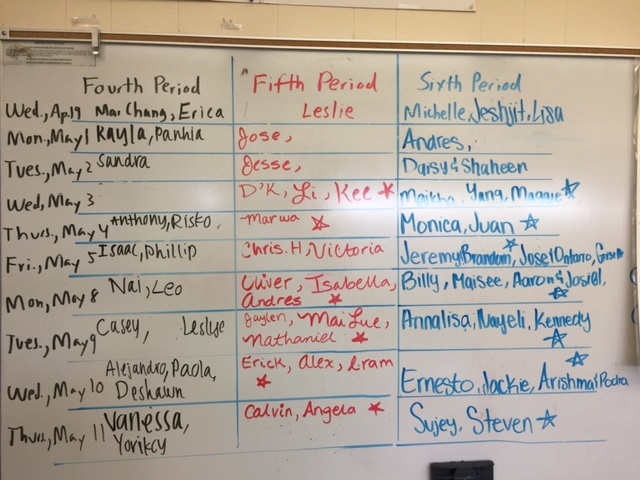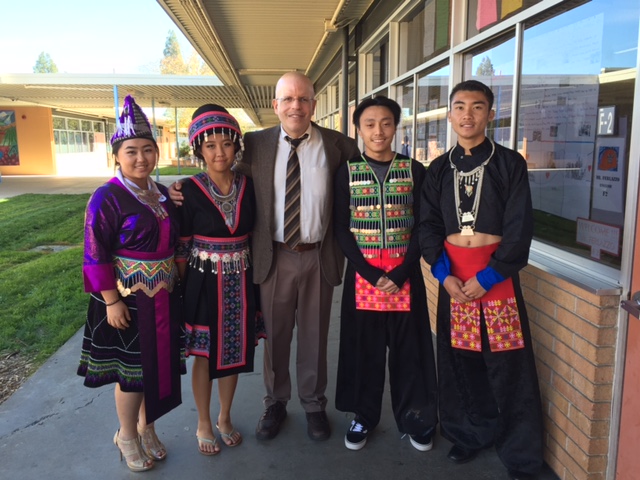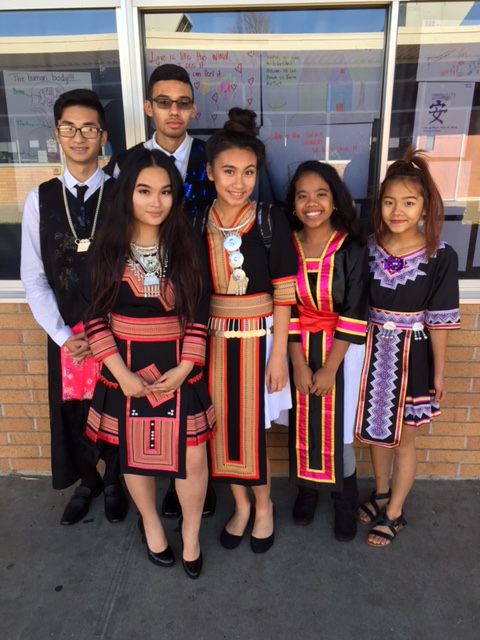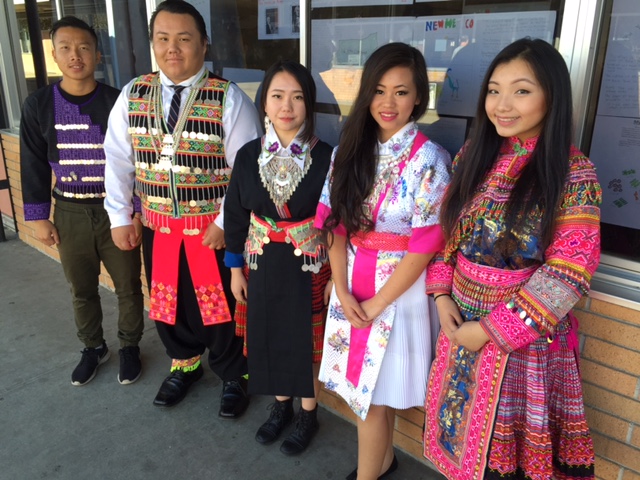IB has created a new assessment this year that is MUCH easier than their previous assessment (which was a presentation).
In this “Exhibition,” which is done individually, each student has to choose from one of thirty-five “knowledge questions” to answer. Then, you have to choose three “objects” that help them answer the knowledge question prompt.
You then write about how each object helps you answer the question. The total word count (including your mini-essays on all three objects) can’t be more than 950 words. References do not count against those 950 words.
This is how one TOK teacher explained it to me:
So to answer the question of what is an object – anything that has a real-world context, that exists in a particular time or space. It is good if it has some personal meaning to the candidate but it does not have to have. So it can be an everyday object, a piece of art (including visual arts or performing arts but it needs to be very specific, a book, a graphic novel, a poem), it can be a digital object so a tweet, a news article, a speech, etc.
The only guidance is – it needs to have a real-world context and it cannot be random (a photo that was taken from the internet) – other than that if the student can describe the real-world context, it is an object.
So, it can’t be a picture of any basketball. It can be a picture of the basketball you played with at home or that Kobe Bryant used to win a championship.
Here are some examples of a TOK Exhibition:
Exhibition A This was given a medium grade by IB
Exhibition B This was given a high grade by IB
Exhibition C This was given a high grade by IB
Exhibition D This was given a low grade by IB because the writer did not make connections between the objects and the prompt.
Exhibition E This is an example of just one object and mini-essay created by a TOK teacher
Exhibition F This is a three object example created by a TOK teacher
Students will be creating “Exhibitions” throughout the year that will function as exams. They will help prepare you for the final three object Exhibition at the end of the year.
Though you will have to do the final Exhibition on your own, during the year you will have the option to work alone, work with one other person, or work with two other people on these “practice” Exhibitions.
Though they are “practice” Exhibitions, and won’t be sent to IB (only the final one you do on your own will be sent to them), they will be major grades in this class.
This is the process we will use when doing “Exhibitions”:
The first time we do this process, we will do jigsaw presentations on this article:
An article from the Smithsonian Institution suggests different ways to think about artifacts. They include the following (this came from The Global Oneness Project):
- Artifacts tell their own stories.
- Artifacts connect people.
- Artifacts capture moments.
- Artifacts reflect changes.
Also, during the first time we do this, we’ll explore The Best Resources For Using “Object Lessons” In History.
DAY ONE:
Review two example exhibitions with a partner and score it against the rubric (make sure that you are reviewing different ones the second and third time you do this).
What are two things you have learned from reviewing it that you think would help you make your exhibition.
Each of you will share in a break out group your rubric scores and your “two things.” See if you can come up with an agreed score. Identify one spokesperson from the group to report to the class your conclusions.
DAY TWO:
Review the different ways of choosing a focus of your Exhibition:
1. Choose Theme, choose objects, choose prompt
2. Choose theme, choose prompt, choose objects
3. Choose prompt, Choose Theme, choose objects
4. Choose objects, Choose prompt, choose theme
Decide on at least prompt and theme by end of the day and submit
DAY THREE:
Students review the description of objects from the Guide, come up with questions about them to share.
Brainstorm objects – come up with a list of at least eight different objects that fit into the Guide’s description
DAY FOUR:
Write in one sentence how each of the eight objects would connect to the prompt and theme
Choose the three strongest/most interesting ones
Divide up who will write about which object and homework is to write a rough draft
DAY FIVE
Partners share their rough drafts and revise
Design a two-to-three minute presentation about their exhibition
DAY SIX
Finalize their presentation
DAY SEVEN
Presentations in breakout groups
Self-Reflection
